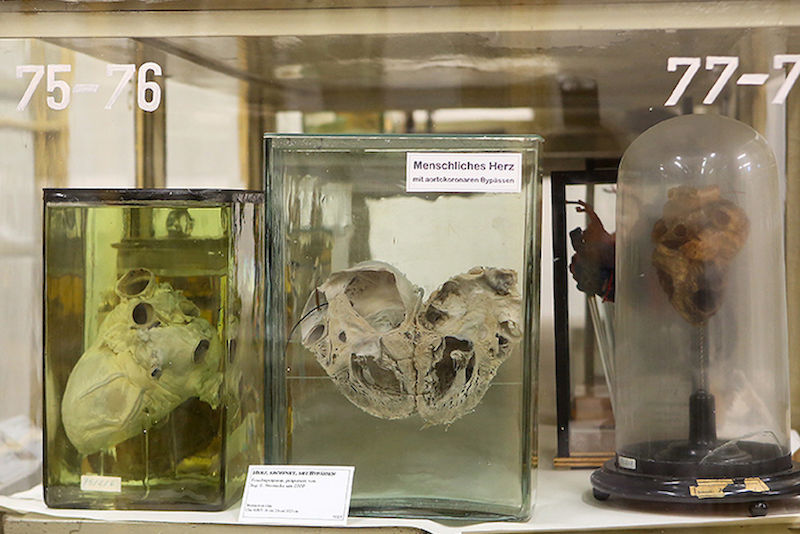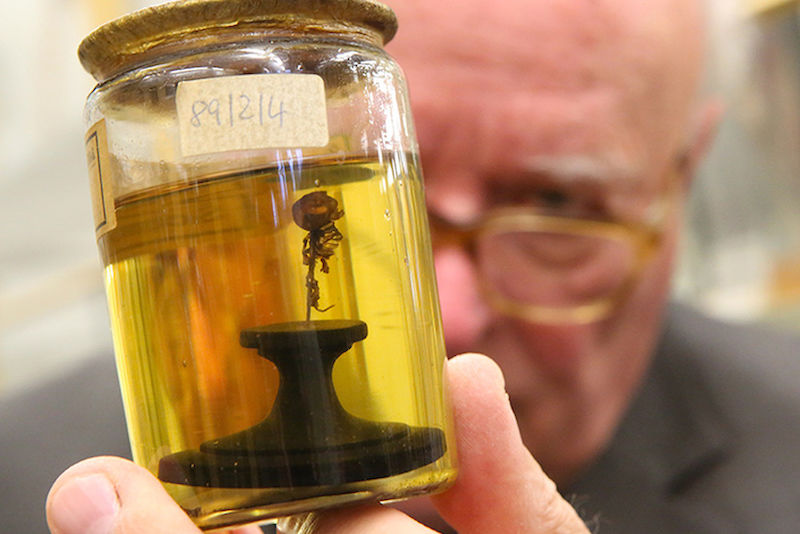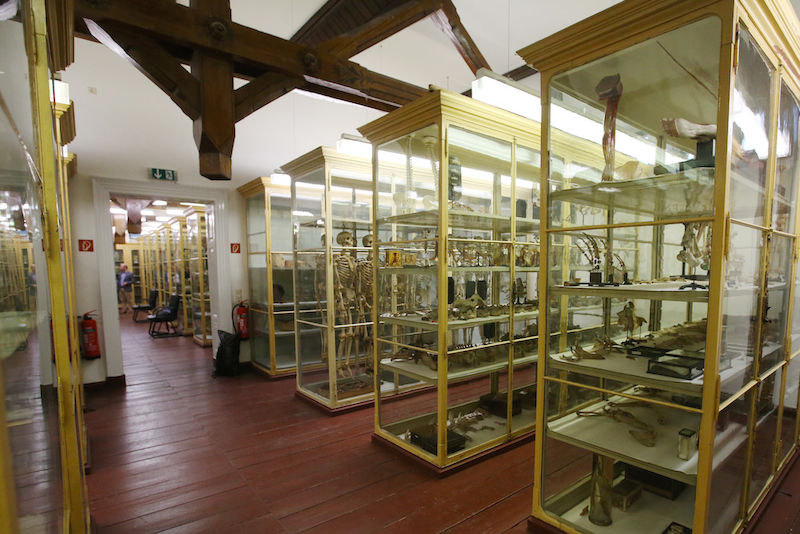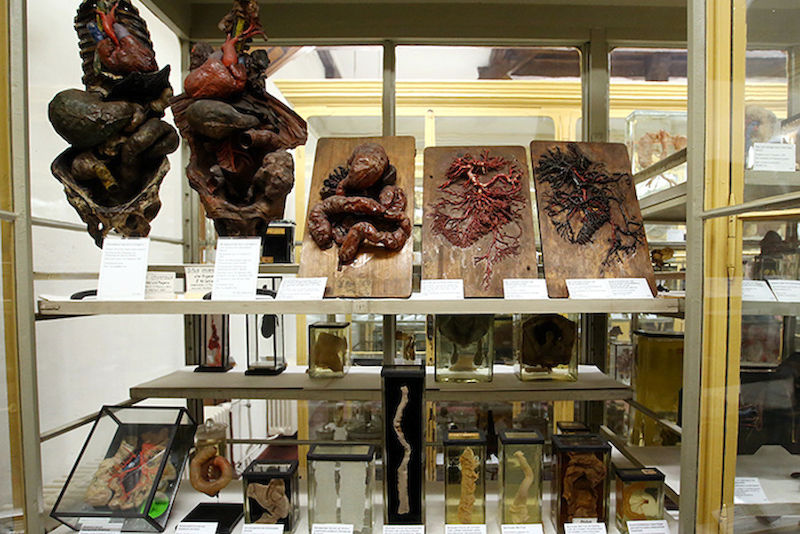Meckel Collections classified as national cultural asset
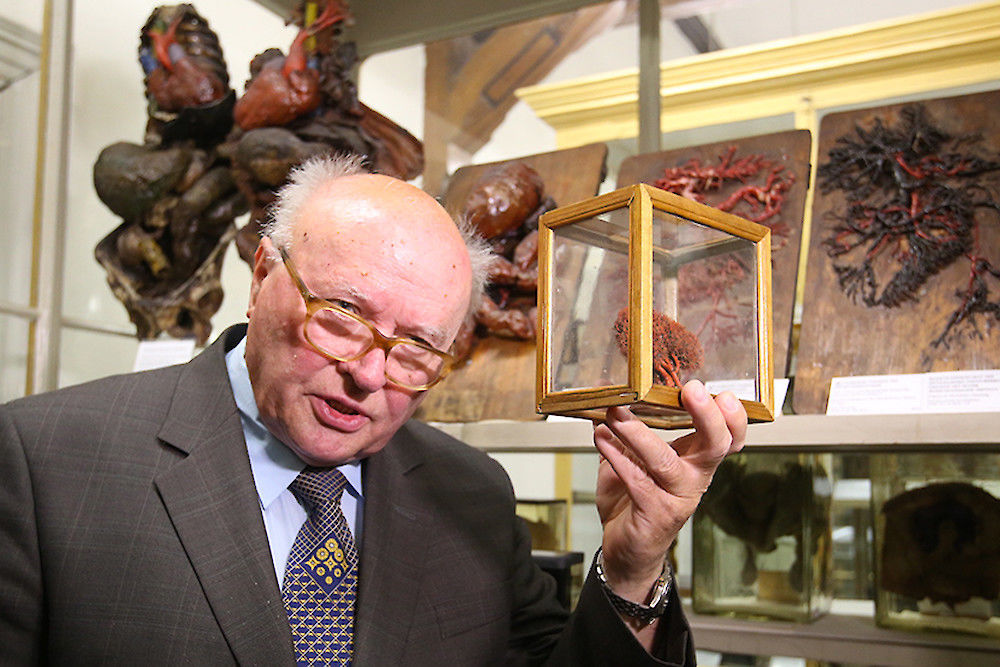
Far from being weird or ghoulish, the specimens are highly interesting – particularly in terms of their scientific value. “The collections are so valuable that they could not be replaced in the event of loss,” says Professor Rüdiger Schultka, who has been overseeing the historical collections on a voluntary basis and with great dedication since his retirement. Some of the oldest specimens date back to the 18th century.
“They are an essential piece of the puzzle in medical training. Thanks to the collections, we are able to impart so much information and deal with so many different aspects of medicine,” says Professor Bernd Fischer, who was head of the Department of Anatomy and Cell Biology until he retired in late September. He adds that virtually every medical student has visited the Meckel Collections. Schultka and the other members of the Meckel Collections’ association of friends give more than 100 public tours every year. The comparative anatomy section of the collections was renovated in 2009, and work began on the human anatomy section in August 2015.
The following objects by the university had already been included in the database of cultural property of national significance: Anatomist Louis Thomas Jérôme Auzoux’s papier-mâché horse and Julius Kühn’s glass plate photographs from the university’s Museum für Haustierkunde (museum of livestock sciences); unique Eocene fossils from the Geiseltal Collection; Christian Ludwig Nitzsch’s Mallophaga Collection featuring specimens of lice and ink drawings; and Max Schönwetter’s collection of eggshells. With 19,206 eggs from 3,839 different bird species, it is the largest collection of its kind in the world. Countless other treasures are still hidden away in the university’s archives.
This year, for the first time, the nationwide Coordination Centre for Scientific University Collections has surveyed the university collections in Germany and made them accessible to the public on its website, wissenschaftliche-sammlungen.de. With a total of 36 collections, the University of Halle is one of the universities with the most collections in Germany.

